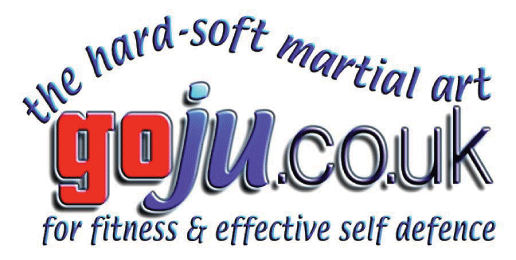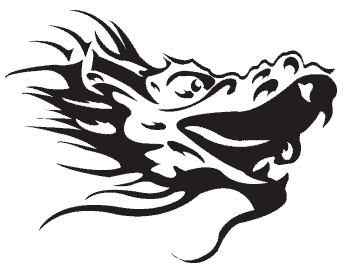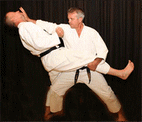
Nutrition
Nutrition for sport is of vital importance. Athletes need to eat a nutritious diet plus take vitamins and minerals on a daily basis if they wish to achieve their goals.
Drink plenty of water 2 litres a day is a good level to aim for.
Try a big glass before training and a big glass after training and you're halfway there. A large glass at bedtime is also a good idea.
If your urine is a light straw colour your hydration is OK! If it is a dark colour you need more liquid - the darker the urine the more dehydrated you are. Water has no calories and for your body to heat it to body temperature it needs to burn heat calories therefore helping you lose fat. As for affecting the amount of fat you carry as a rough rule of thumb 60% is diet and 40% training.
A simple but effective method is eat a little less & exercise a little more. This will work over time.
However, a more effective method is 'what' you eat. Not necessarily the amount you eat. Processed foods with high fat and sugar are generally at least 4 times the calorific value of other natural foods. Athletes need to eat plenty of good quality protein to help build muscle mass they also need to eat it at the right time.
Training creates hunger and it can be very easy for students to over eat the wrong things. Alcohol, smoking or drugs have no benefit in the diet of a professional athlete
They need fruit and vegetables for carbohydrate and should cut out refined fats, flour and sugar. Although fats such as olive oil, fish oils and flax seed oil are very important for maximum performance.
Nutrition is a vast subject and a question and answer session is a good way to start.

Warning:
If you perform any technique shown here in class or in public, you do so at your own risk.
We assume no responsibility for the use or misuse of the information provided which results in injury or loss.
Copyright: Tom Hill 2012 Goju.co.uk All rights reserved.
UPDATED 1st AUG 2020





























